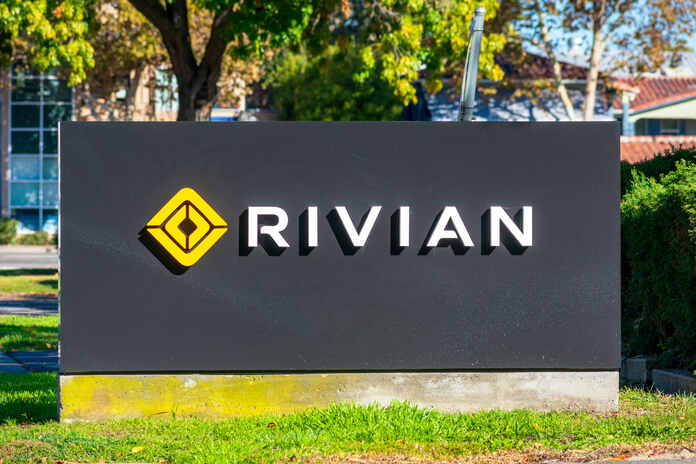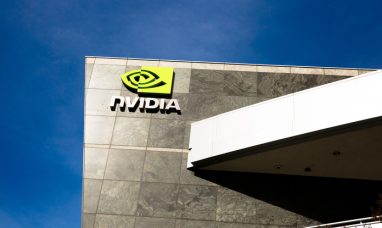Last week spelled trouble for the electric vehicle (EV) industry, as Rivian Automotive (NASDAQ:RIVN) and Lucid Group (NASDAQ:LCID) witnessed significant drops in their stock prices following disappointing Q4 earnings reports. While Lucid managed to maintain its position above previous lows, Rivian saw its stock plummet to all-time lows, a far cry from its peak after its high-profile IPO in late 2021.
During its IPO frenzy, Rivian boasted a market cap exceeding $150 billion, surpassing even automotive giants like Ford Motor Company (F) and General Motors (GM). However, the fervor surrounding EV stocks at the time, exemplified by Tesla’s staggering $1.2 trillion market cap and Lucid’s nearing $100 billion valuation, has since dwindled.
Fast forward to 2024, legacy automakers like Ford and General Motors are thriving with record profits from internal combustion engine (ICE) vehicles, while many EV startups struggle to turn a profit. Even industry leader Tesla has seen its operating margins halved from peak levels.
So, what’s plaguing Rivian and its peers in the EV startup realm?
A recent Wall Street Journal headline succinctly captures the issue: “EV Startups Struggled to Build Cars. Now They Struggle to Sell Them.” While supply chain disruptions due to the COVID-19 pandemic were initially blamed for constraining sales, questions about demand have arisen in recent years. Companies like Polestar, Fisker, and Lucid have all scaled back production targets due to sluggish consumer interest.
In 2024, concerns about EV demand persist, exacerbated by Tesla’s cautionary note regarding potentially lower delivery numbers compared to 2023. Rivian and Lucid’s own 2024 production forecasts, provided last week, further dampened investor sentiment. Rivian’s projection of 57,000 vehicles for 2024 falls slightly below 2023 levels, while Lucid’s guidance of 9,000 vehicles, though an increase from the previous year, still disappointed analysts.
Moreover, Rivian continues to grapple with cash burn, prompting cost-cutting measures like a 10% reduction in its salaried workforce announced during the Q4 earnings call.
Analysts have reacted swiftly to Rivian’s struggles, with UBS downgrading RIVN stock from “buy” to “sell” and slashing its target price from $24 to $8. Truist also downgraded the stock, adjusting its target price from $26 to $11. Currently, only 60% of analysts covering Rivian rate it as a “buy” or better, down from 70% a month ago.
Looking ahead, while Rivian witnessed some short-term upward movement in its stock early this week, sustained recovery appears elusive. The broader EV industry may face challenges in the coming quarters, necessitating stabilization in macroeconomic conditions, including interest rates and pricing dynamics.
Despite these hurdles, Rivian retains strengths, including a solid balance sheet and a reputation for quality products. However, to regain momentum, the company must focus on scaling production, introducing new models, and achieving profitability. Tesla CEO Elon Musk’s advice to cut costs and prioritize production efficiency underscores the tough road ahead for Rivian.
In conclusion, while Rivian faces formidable challenges, particularly amid a challenging macroeconomic environment, it retains the potential for recovery. Achieving profitability and operational efficiency will be pivotal in reshaping its trajectory and restoring investor confidence.
Featured Image: Megapixl















